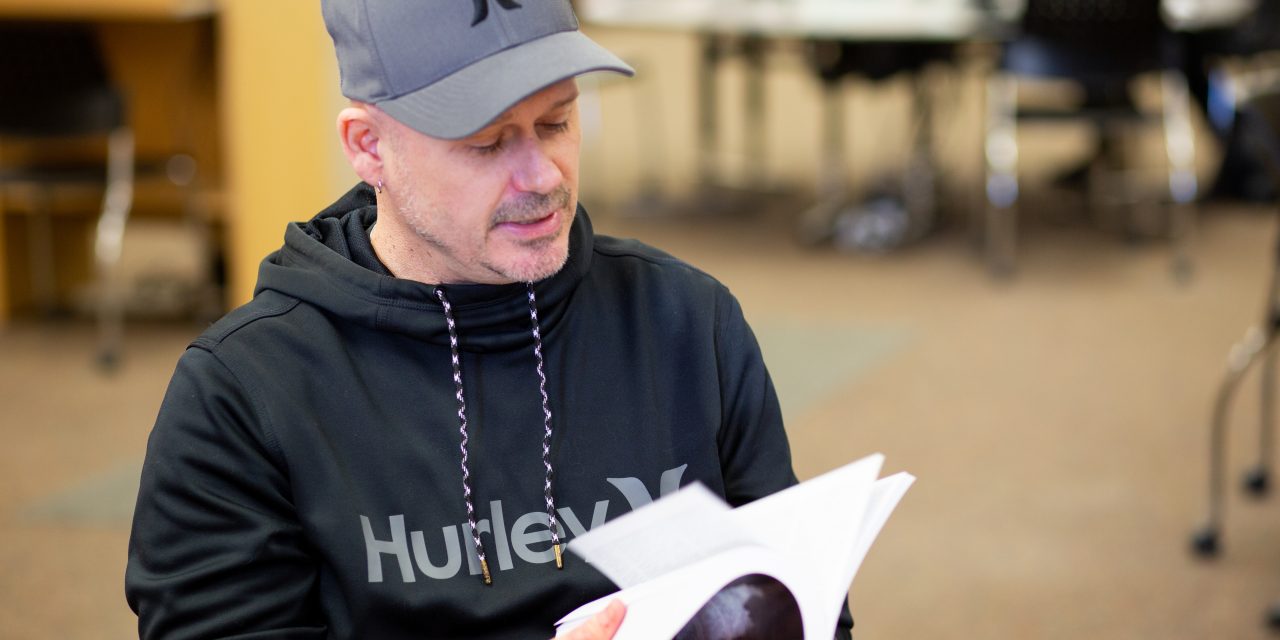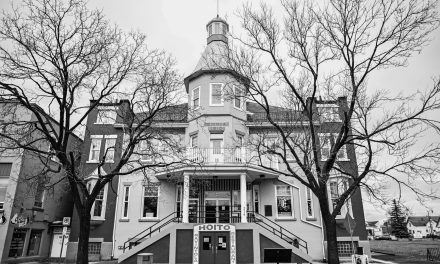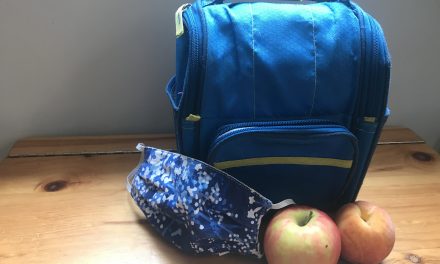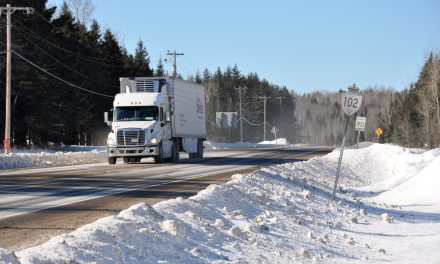By Jase Watford
I used to be homeless. I came to Thunder Bay after several hard years living on the streets of Vancouver’s upper east side. Wanting to change my fortunes, I found myself on a Greyhound bus heading across the country with no destination in mind. Addicted, lost, and alone, I exited the bus at a pit stop in Kenora, walked into a liquor store, and subsequently did not reboard my bus. Instead, in the middle of winter, I walked into the public library, found a book, drank, and passed out. This wouldn’t be the first time that a library saved my life.
In Vancouver, the streets aren’t a safe place to sleep at night, so I would spend a lot of my days in libraries, sometimes to sleep, occasionally to read, but often I found myself just breaking down and crying. Similarly defeated this time, I woke up in the Kenora detox and after a couple of days drying out, I transferred to a sober living half-way house in Keewatin called Del-Art Manor. I stayed there for seven months, in the middle of nowhere, where my only salvation (again) was this tiny local library.
It was there that I began to overcome my knowledge insecurity, that void that was built on the back of my grade 10 education. I took out self-help and spirituality books, and biographies of famous people who had battled addiction/mental illness. I read once that knowledge isn’t wisdom, but that wisdom was the use of knowledge, so I planned and executed my move to Thunder Bay, where I stayed at the Sister Margaret Smith Centre, Three C’s, and Seaway sober apartments. Over the next few years, I would work on the prospect of my recovery, and by spending my free time at the nearest library I slowly began to piece my identity back together.
What I would read and research evolved as I began getting healthier. I started to understand the world and my place in it, and how recovery from addiction and mental illness needs consistent support from the community (it takes a village to raise a child). Online education eventually led to college, and now I find myself in university tackling philosophy and social work degrees, with the endgame a PhD. I find it ironic that even to this day, with a university library at my disposal, I still find myself at the nearest local library when I write my term papers.
When society turned its back on me, the doors to the library were always open. The library doesn’t discriminate or serve a single social stratum. So to think that Thunder Bay City Council wants to shutter down or scale back local libraries services is unfathomable. Where will the future iterations of people like me be—ones who must put their faith and hope in their local institutions? Community builds capacity, and if you don’t have a plan for a healthy community, then you don’t plan on having a healthy community.















